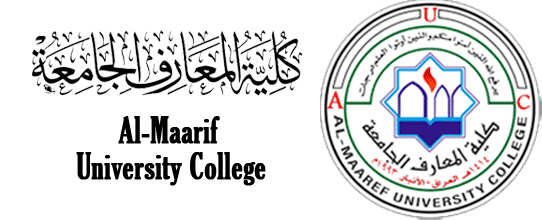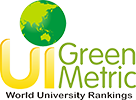
A state-of-art of underlying molecular mechanisms and pharmacological interventions/nanotherapeutics for cisplatin resistance in gastric cancer
Abstract:The fourth common reason of death among patients is gastric cancer (GC) and it is a dominant tumor type in Ease Asia. One of the problems in GC therapy is chemoresistance. Cisplatin (CP) is a platinum compound that causes DNA damage in reducing tumor progression and viability of cancer cells. However, due to hyperactivation of drug efflux pumps, dysregulation of genes and interactions in tumor microenvironment, tumor cells can develop resistance to CP chemotherapy. The current review focuses on the CP resistance emergence in GC cells with emphasizing on molecular pathways, pharmacological compounds for reversing chemoresistance and the role of nanostructures. Changes in cell death mechanisms such as upregulation of pro-survival autophagy can prevent CP-mediated apoptosis that results in drug resistance. Moreover, increase in metastasis via EMT induction induces CP resistance. Dysregulation of molecular pathways such as PTEN, PI3K/Akt, Nrf2 and others result in changes in CP response of GC cells. Non-coding RNAs determine CP response of GC cells and application of pharmacological compounds with activity distinct of CP can result in sensitivity in tumor cells. Due to efficacy of exosomes in transferring bioactive molecules such as RNA and DNA molecules among GC cells, exosomes can also result in CP resistance. One of the newest progresses in overcoming CP resistance in GC is application of nanoplatforms for delivery of CP in GC therapy that they can increase accumulation of CP at tumor site and by suppressing carcinogenic factors and overcoming biological barriers, they increase CP toxicity on cancer cells.







